Facebook
Twitter
LinkedIn
WhatsApp
Email
Telegram
Understanding the hunter’s smile
How many times have you seen a photo of a smiling hunter online and asked yourself, ‘why do hunters smile in photos with dead animals?’
A smiling hunter is probably one of the most misunderstood things about hunting, and can certainly result in harsh criticism from those who struggle to understand why anyone could be happy about a dead animal. In fact, often when people see a photo of a hunter smiling with a dead animal, they automatically assume the hunter is happy the animal is dead and ergo, is a smiling assassin of a poor, defenceless creature.
So, if smiling hunters result in such negative responses, why don’t hunters just stop smiling? Some may go as far as to say ‘why post trophy photos at all? Surely there’s nothing to celebrate or remember.
The hunter’s smile is probably one of the most misunderstood aspects of hunting. In fact, it’s even earned itself a post in Psychology Today. Needless to say, the writer of that post jumped to the usual stereotypes about hunters and used the typical emotive rhetoric about murder and corpses, linking the hunter’s smile to gratuitous violence and sick pleasure.

Are they right? Do hunters smile because they are happy the animal is dead?
The answer is a little more complicated than a simple yes or no. To understand why hunters smile in trophy photos, you really need to
understand how much effort goes into a hunt.
The long journey to becoming a hunter
People who don’t hunt have this unrealistic expectation that hunting an animal is as simple as jumping in your car, driving to a field somewhere, taking out a powerful rifle and lining up an animal in the sights. A quick shot from a couple of hundred metres away, and you have a dead animal on the ground.

If only it were that simple.
The truth is that becoming a hunter takes time and effort.
For rifle hunters, that process starts with first getting a firearm’s license. Here in Australia, that’s not as easy as just popping down to your local gun shop, filling in some paperwork and heading home with a rifle. It takes months to go through the process and includes police and background checks, completing a firearm’s safety course, and then waiting for your license to actually come through. Once that happens, you then go through a similar process to purchase a firearm, have the police come and physically check your premises and the safe where you will be storing your rifle. Only once all that is complete can you start learning how to actually shoot that firearm.
For bow hunters, the process is slightly less regulated from a legal standpoint, but just as complicated from an actual skills perspective. For starters, you have to first learn how to use a bow. Then you need to train your muscles to pull back a 40+ pound draw weight and learn how to accurately shoot your bow from a number of different positions. Once you have shot placement down pat, you then need to learn how to stalk to within 50 yards of a wild animal that has far superior reflexes than you. There is so much that can go wrong with bow hunting that there’s even a hashtag on social media called #bowhuntingsucks.
My journey to become a hunter
When I first made the decision to learn to hunt, it took around 6 months until I was legally allowed to pick up a firearm. I then had to learn how to use a firearm competently. That meant months down at the range, learning the basics of shot placement. I wasn’t going to fire a live round at an animal unless I was completely comfortable I could hit what I was aiming at!
My first opportunity to shoot an animal came when I was invited to take part in a crop protection hunt of wallabies and rabbits – 9 months after I first made the decision to learn to hunt!
I was nervous as hell, and had no idea what I would feel when it actually came time to pull the trigger. I was scared that I would miss, or worse, that I would hit the animal badly, and not kill it! And what would I feel when I actually saw the animal dead? Would I feel sad? Would I be sick? It was all so unknown to me.
As I was soon to learn, there’s a HUGE difference between looking through the scope at a static, paper target, and taking aim at a living, breathing, moving target.
Animals have this really bad habit of moving around – a lot! When they see humans, they generally run in the opposite direction. So when they finally do sit still long enough for you to take aim, you literally have seconds to steady the rifle, find the best shot placement (you can’t just shoot anywhere. An ethical kill requires you to hit the animal in a vital organ – head, heart or lungs) and fire off a shot before the animal moves.
When I squeezed the trigger and saw the animal drop, I was utterly shocked that I felt a huge sense of relief and elation. Even more shocking, I actually high-fived my husband!
And yeah, I smiled.

But guess what? That smile had nothing to do with the animal on the ground. I did not feel joy that I had taken an animal’s life. In all honesty, I felt bad for the wallaby. It is hard to sit beside an animal that is no longer alive, and know that you were responsible for its death. But how many times had I looked down at my steak and never given a second thought to the animal that died for me to eat it. If I was going to eat meat, I wanted to at least feel some kind of connection to that animal. I mean, let’s face it. Meat does not come on a polystyrene tray covered in plastic. It comes from an animal that was once living and breathing. My reason for learning to hunt was because I wanted to take personal responsibility for the food on my plate. I wanted to reconnect with where my food came from rather than consume meat with no sense of personal responsibility. And if I was going to do that, I had to learn to put aside the sadness.
Contrary to what Psychology Today would have you believe, I was not glorying in the gratuitous violence. Nor was I happy to have ‘murdered’ an animal. The happiness I felt was the culmination of 9 months of hard work coming down to one split second shot. It was overcoming my own fears and succeeding at something I wasn’t sure I’d be able to do. It wasn’t easy watching that animal be gutted and broken down into meat. After all, buying your meat from the supermarket or butcher is a lot less confronting. But there was a sense of pride that soon I would cook that meat for my family, and know exactly where it had come from, and that it was sustainably sourced.
Hunters, athletes and the paradox of the trophy
The best way to describe the smile one experiences after a hunt is to compare it to what an athlete experiences after winning a race. To win a race, the athlete must actually destroy his fellow athlete’s dreams. He must beat out the competition and serve them up a decent old dose of defeat. When he crosses that finish line first and realises he has won, there is a sense of elation and happiness.
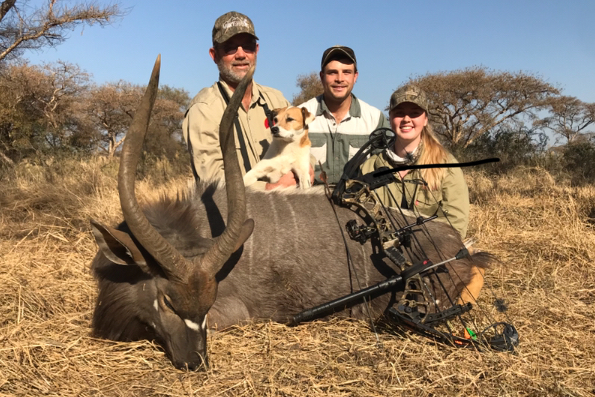
When that athlete stands on the podium and receives his trophy, there is a sense of victory and pride he feels, even though chances are the trophy is nothing more than a cheap plastic replica. The trophy serves as a visual reminder of the hard work, the effort, and the victory.
When an athlete smiles after a victory, we don’t automatically assume his smile is cruel and heartless; that he is rubbing his victory in the face of those he beat. We don’t automatically assume he is focused on the negative aspect of his win. We recognise his smile as the culmination of months of hard work and training. When he stands on the podium and has his photo taken, holding aloft his trophy for all the world to see, we don’t wrongly assume he is sick or evil, or being egotistical. Instead, we celebrate his victory with him.

Hunters don’t smile because an animal is dead. It’s not about ego, size, violence or sick pleasure. Hunters smile because they have overcome the odds and achieved a goal. And that is something to feel proud of.
What is I Am Hunter?
I Am Hunter wants to change the way hunting is perceived and to change the conversation from a negative one driven by anti-hunters to a positive one led by hunters.
Our goal is to help hunters become positive role models and ambassadors for hunting, while simultaneously helping non-hunters understand why hunting is important.
You can become a supporter and help us achieve our goal and spread a positive message about hunting with the wider community.
Our other channels
Follow us on Facebook
Follow us on Instagram
YouTube
Subscribe to our YouTube channel.
Get our newsletter
Get our free monthly newsletter direct to your inbox
Listen on iTunes
Listen to our podcast on iTunes.
TV series
Watch I Am Hunter episodes on My Outdoor TV (MOTV)
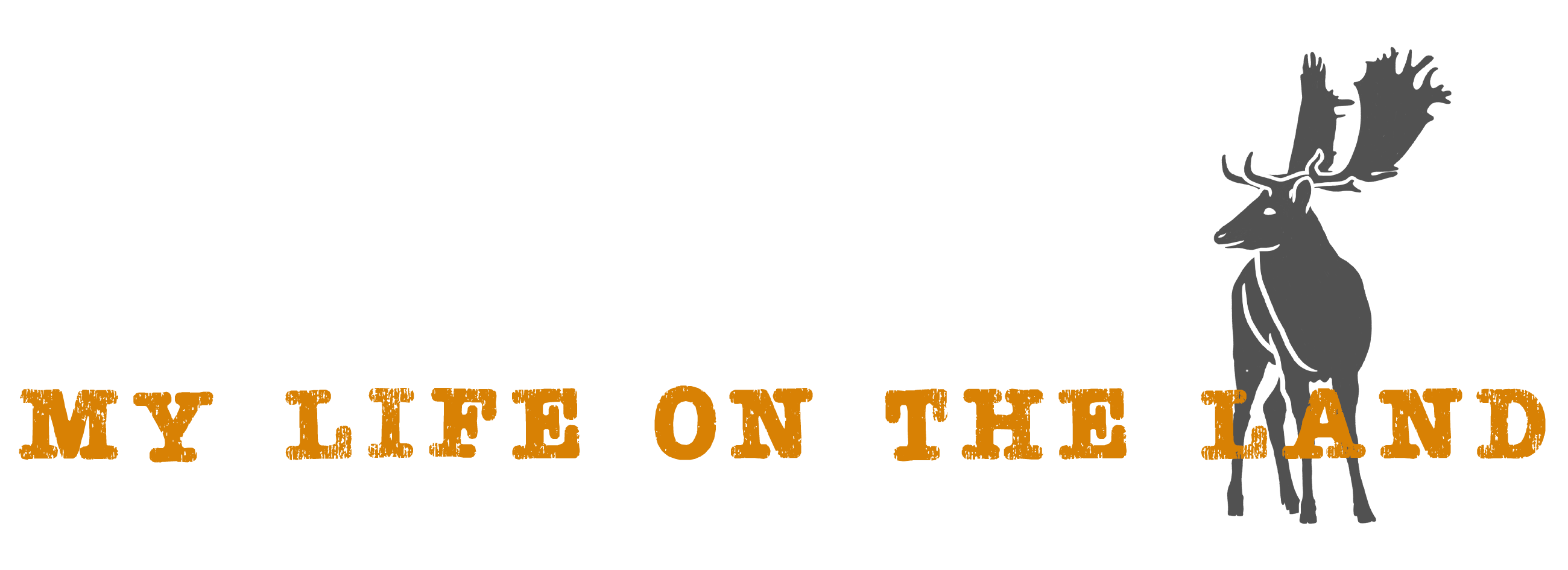
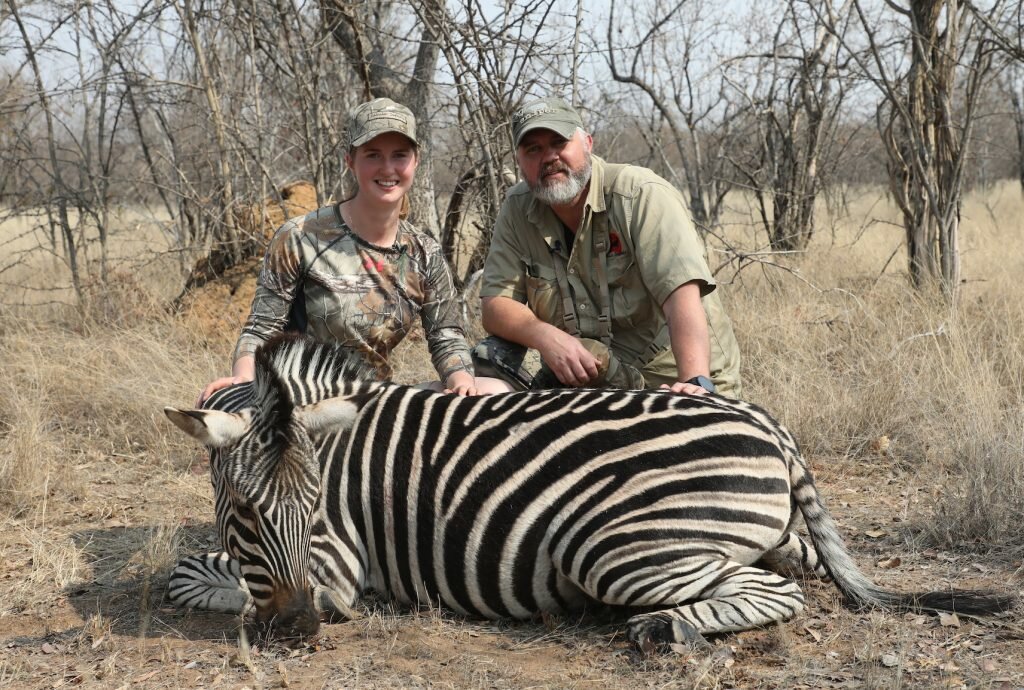

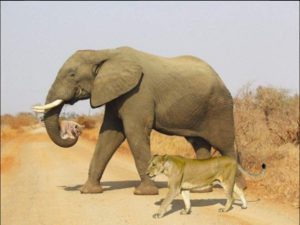
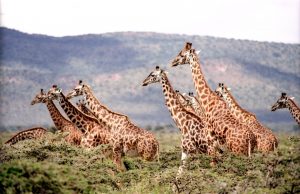
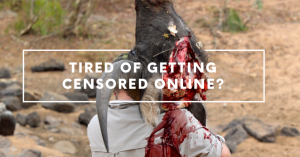
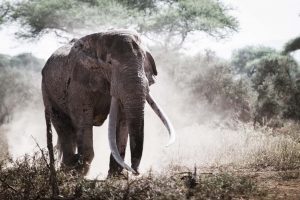
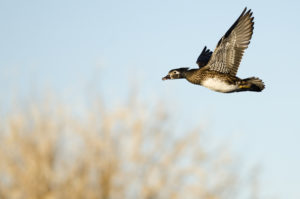
One thought on “Why hunters smile”
Good article! You captured a feeling that is very hard for some to articulate!